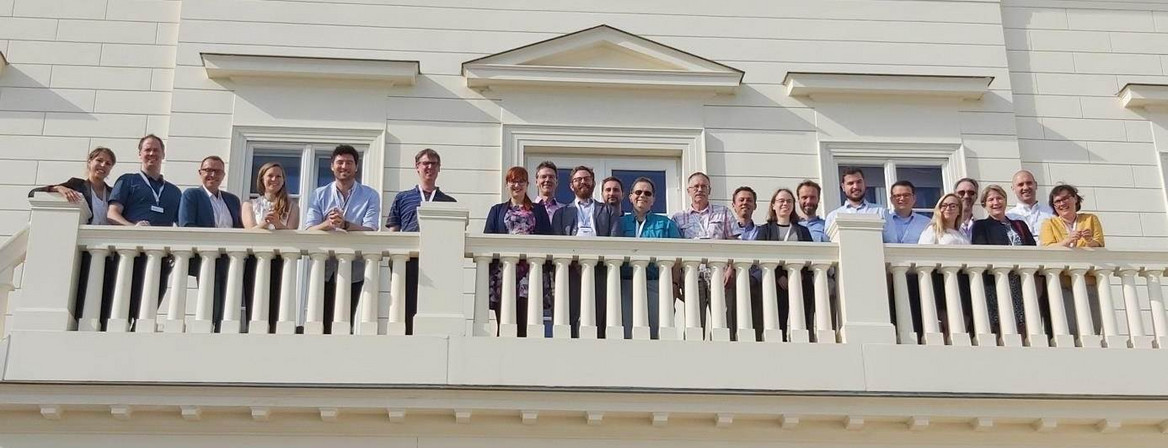Main Content
Entrepreneurial Ecosystems: International Entrepreneurship Scholars Meet in Hannover

A special kind of business is meant when one speaks of startups – one that is internationally positioned and growth oriented, and which is situated in branches such as the digital, high-tech, or creative economies. Such enterprises require special conditions, summarised for some time now under the label of the “entrepreneurial ecosystem”. At the Herrenhausen Symposium “Temporal Dynamics in Entrepreneurial Ecosystems” on 1 and 2 July in Hannover, funded by the Volkswagen Foundation, leading international entrepreneurship scholars discussed the current state of knowledge on entrepreneurial ecosystems.
An entrepreneurial ecosystem is understood as those interconnected social, political, economic, and cultural elements of a region that advance the entrepreneurial process. The “ecosystem” is thus a metaphor – an attractive image for the interaction of different factors that promote innovation, creativity, and startup dynamics.
Such a picture establishes a common language between academic disciplines and practice while, at the same time, giving inspiration to both. Regional development policy can utilise this to promote a business-friendly ecosystem. Economic geography, business studies, sociology, and other disciplines can seek to better establish the determinants and spatio-temporal dynamics of and within entrepreneurial ecosystems.
Since the ecosystem perspective is comparatively new, it is only now that the concept has begun to be further differentiated and validated within academia. In the practical sphere, both at the European and at the local level, the concept has already long had appeal, although there are still clear weaknesses that require serious attention. The role of business and social networks in ecosystems has yet to be sufficiently researched, for instance, and the question of how entrepreneurial action is organised in space and time has not yet been adequately considered. Finally, there is the issue of how entrepreneurial ecosystems can be spatially conceived.
The Herrenhausen Symposium, organised by Suntje Schmidt (IRS and Humboldt-Universität zu Berlin), Timo Braun (Freie Universität Berlin), and Katharina Scheidgen (Technische Universität Berlin), positions itself in this gap. Researchers at various stages in their careers from business studies and social science strove to illuminate the interdisciplinary potential of spatio-temporal perspectives on entrepreneurial ecosystems, discussing both theoretical and empirical approaches, and forging interdisciplinary connections.
Howard Aldrich, Maryann Feldman (both at the University of North Carolina), and Erik Stam (Utrecht University) opened the event with a panel discussion. They vividly presented the current methods for observing ecosystems while also referring to issues that remain open, such as: How does one observe the emergence, development, and transformation of ecosystems? And how can the boundaries of ecosystems be designated with regard to their territorial, but also organisational and institutional aspects?
In pitch and breakout sessions, the participants then succinctly presented their work prior to intensive discussion in the plenary session. The pitch format forces speakers to concentrate on providing short presentations, which is is particularly suited to interdisciplinary exchange, as it places disciplinary boundaries somewhat in the background.
A particular challenge of interdisciplinary work is posed by the publication of results from research studies, since many journals are oriented towards academic disciplines whose various publication practices are difficult to reconcile. For this reason, one session of the symposium was explicitly dedicated to this challenge. Maryann Feldman and Erik Stam, co-editors respectively of “Research Policy” and “Entrepreneurship Theory and Practice”, explained that despite the interdisciplinary nature of collective writing projects, a clearly identifiable topic, situated within the relevant literature and theoretical debates, presents itself as a prerequisite for successful publication.



